Is a newly discovered virus contributing to the decline of our wild hedgehogs?
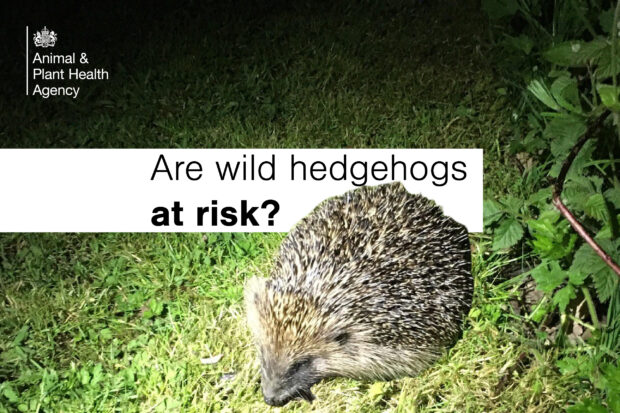
Could a newly discovered virus be the reason European hedgehogs, once a common sight in our hedgerows, have declined in numbers in the UK?

Could a newly discovered virus be the reason European hedgehogs, once a common sight in our hedgerows, have declined in numbers in the UK?

With deaths of wild swans increasing over part of the Grand Union canal in Uxbridge with no obvious cause, thoughts turned to a disease that is notoriously difficult to identify. Read more about how our Veterinary Investigation Officers uncovered the cause of these mysterious deaths.
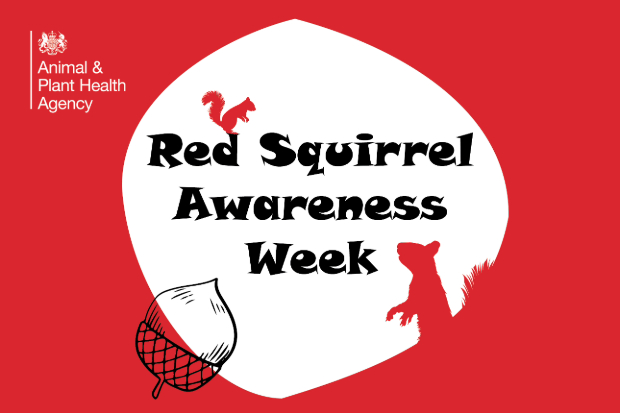
Managing grey squirrel populations is important to ensure the recovery of our native reds. Find out from APHA’s Sarah Beatham how her team are developing a contraceptive to reduce grey squirrel numbers.
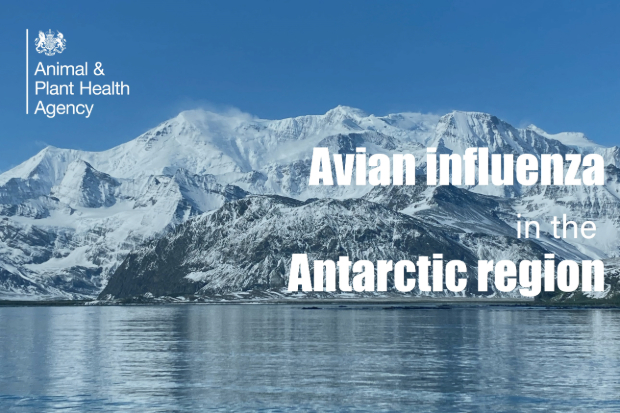
Embarking on an extraordinary mission, APHA virologist, Dr. Marco Falchieri, set out to South Georgia. His goal? To investigate the presence of High Pathogenicity H5N1 avian influenza virus. The backdrop: mass deaths of avian and seal species. Join us as we delve into his captivating journey and findings.

Invasive non-native species harm the environment, cost the economy almost £2 billion per year, and can even harm our health. Emma Brand from the Non-Native Species Inspectorate tells us about her work in this important area.
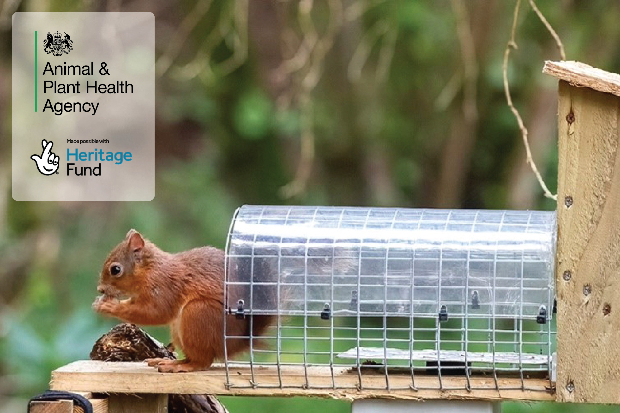
As part of the new Red Squirrel Recovery Network project, APHA’s Kate Palphramand and Sarah Beatham talk about ongoing efforts to protect and conserve red squirrels following funding from The National Lottery Heritage Fund.

The presence of the non-native grey squirrel carries a significant economic and environmental impact in the UK. In this blog we hear from APHA ecologist Sarah Beatham, as she updates on the progress made in her work developing the delivery of contraceptives to grey squirrels.
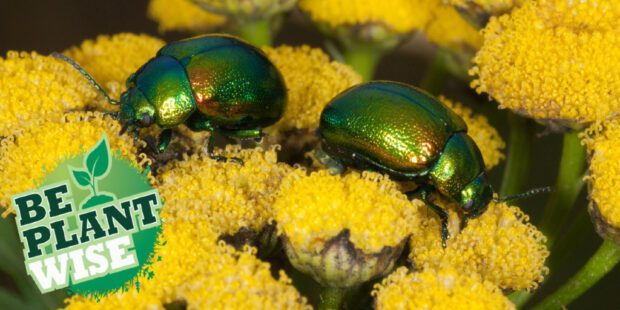
In this blog Lucy Cornwell, from the APHA Non-Native Species secretariat, explains about the impact of non-native invasive plant species, the importance of gardening choices to avoid introducing them and actions to address any problem areas.
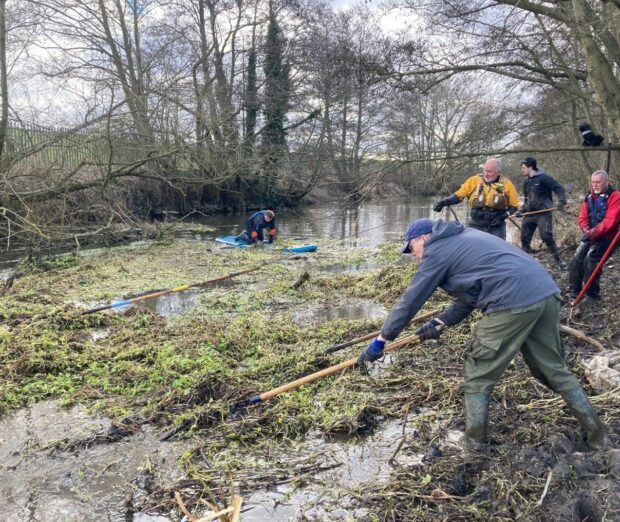
In this blog Yvonne Spencer, APHA Director of Science Transformation, explains how APHA and other organisations are involved in tackling invasive, non-native species through campaigns and volunteering action groups.

Marking this year’s Red Squirrel Appreciation Day, APHA’s Sarah Beatham describes her work, now entering its 4th year of research on developing an oral contraceptive for grey squirrels whilst protecting our native red squirrels and other mammals from eating it.
Recent Comments